Borrower Overview
TriLinc has provided financing to an integrated metal scrap recycling and processing company in Morocco. Founded in 1988, the borrower sources metal scrap from 30 local micro, small, and medium size scrap collectors for processing into semi-finished and finished products, including billets, anodes, tubes, and wires. The borrower is the only company in the country that is currently involved in the full value chain, including sorting, melting, and casting processes. The borrower’s sorting process allows the metal to be “cleaned” before melting, making the refining process more energy efficient and mitigating the release of pollutants, which are regularly monitored by the company on a weekly basis. TriLinc’s financing will be used by the borrower to purchase raw material, primarily copper scrap, from its suppliers for manufacturing and sale to clients operating in Morocco, as well as throughout the region and Europe. As the borrower expands its processing capacity, it is looking to diversify its product offerings to include brass, steel, and aluminum.
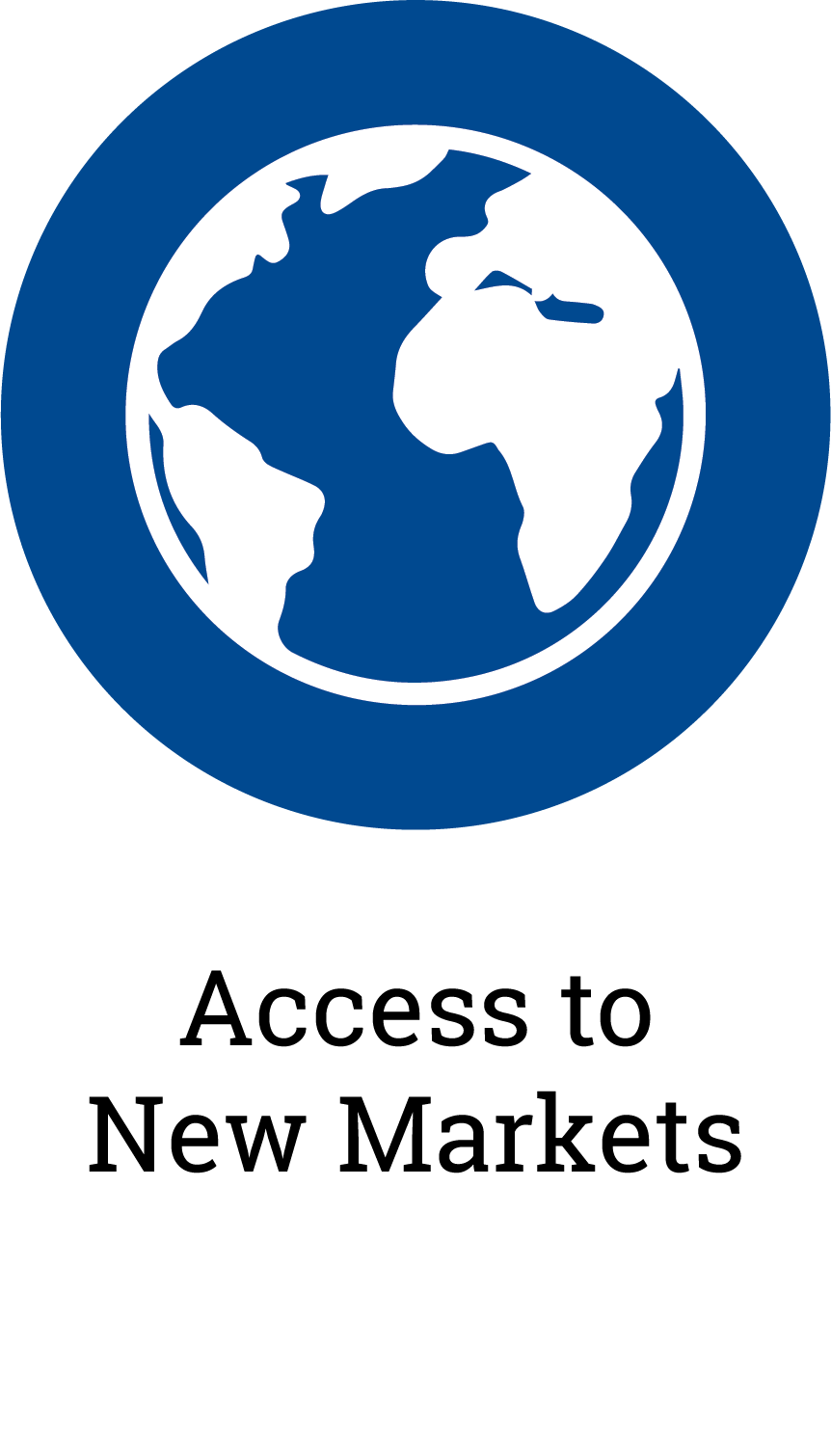 |
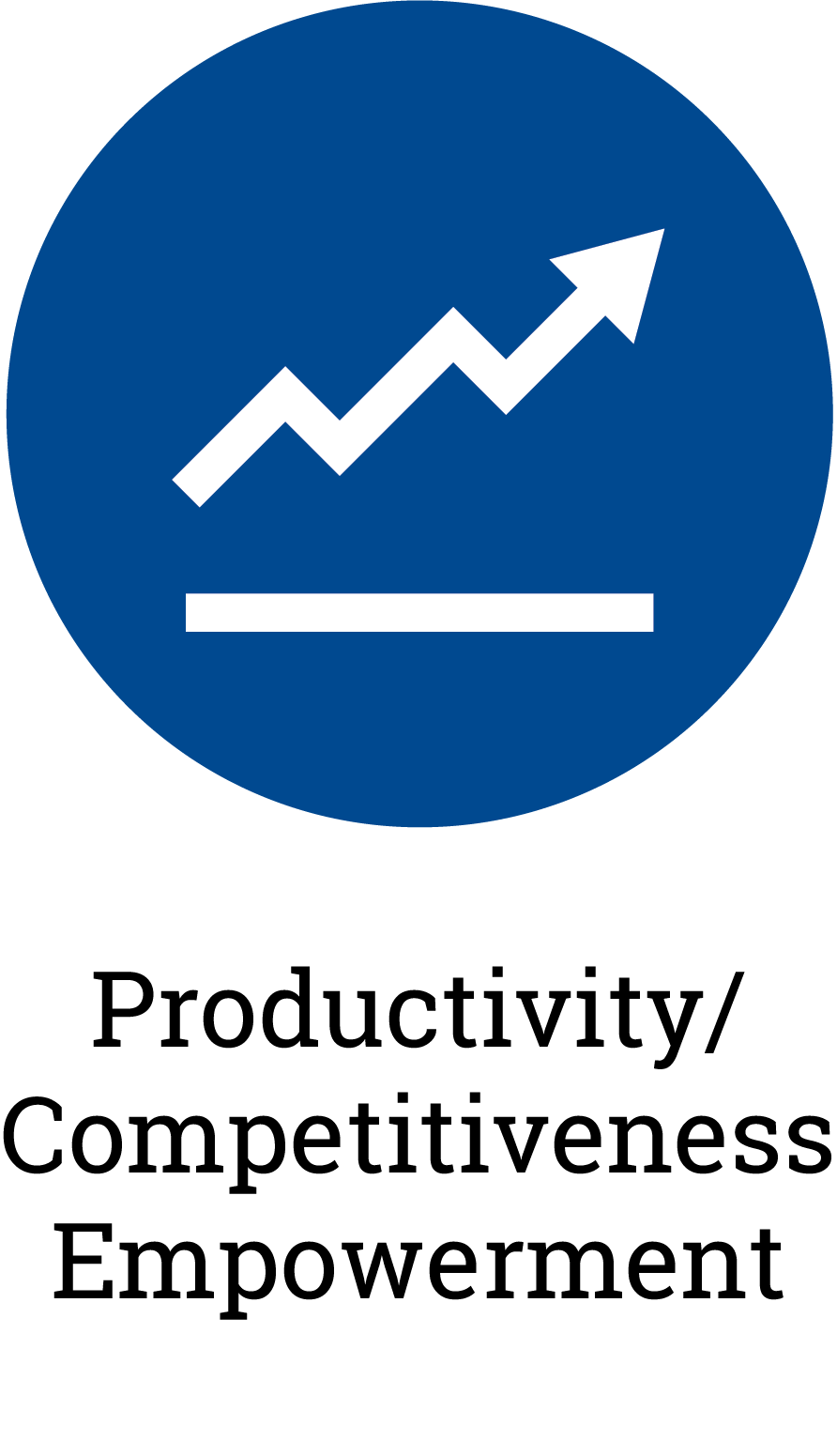 |
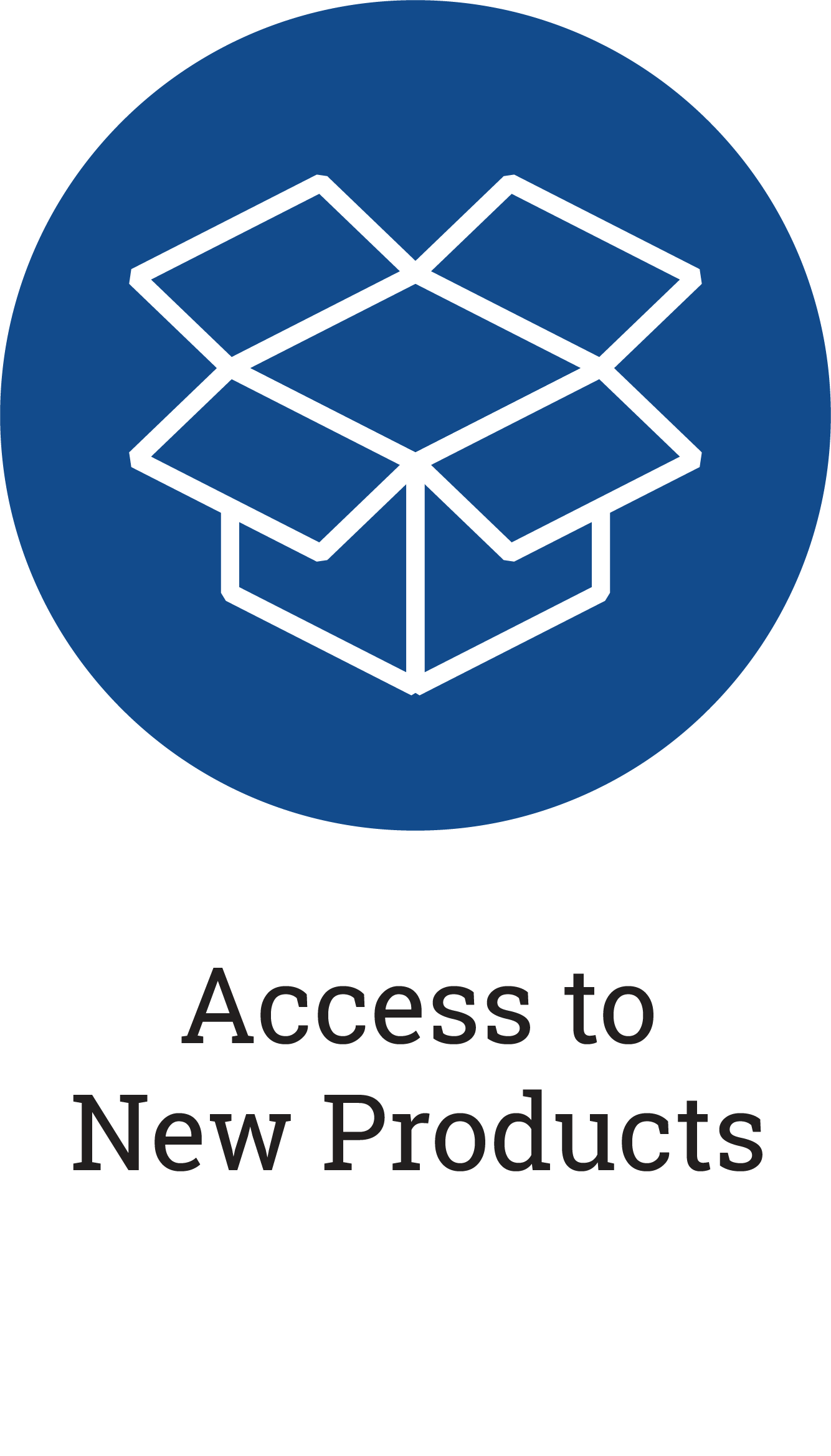 |
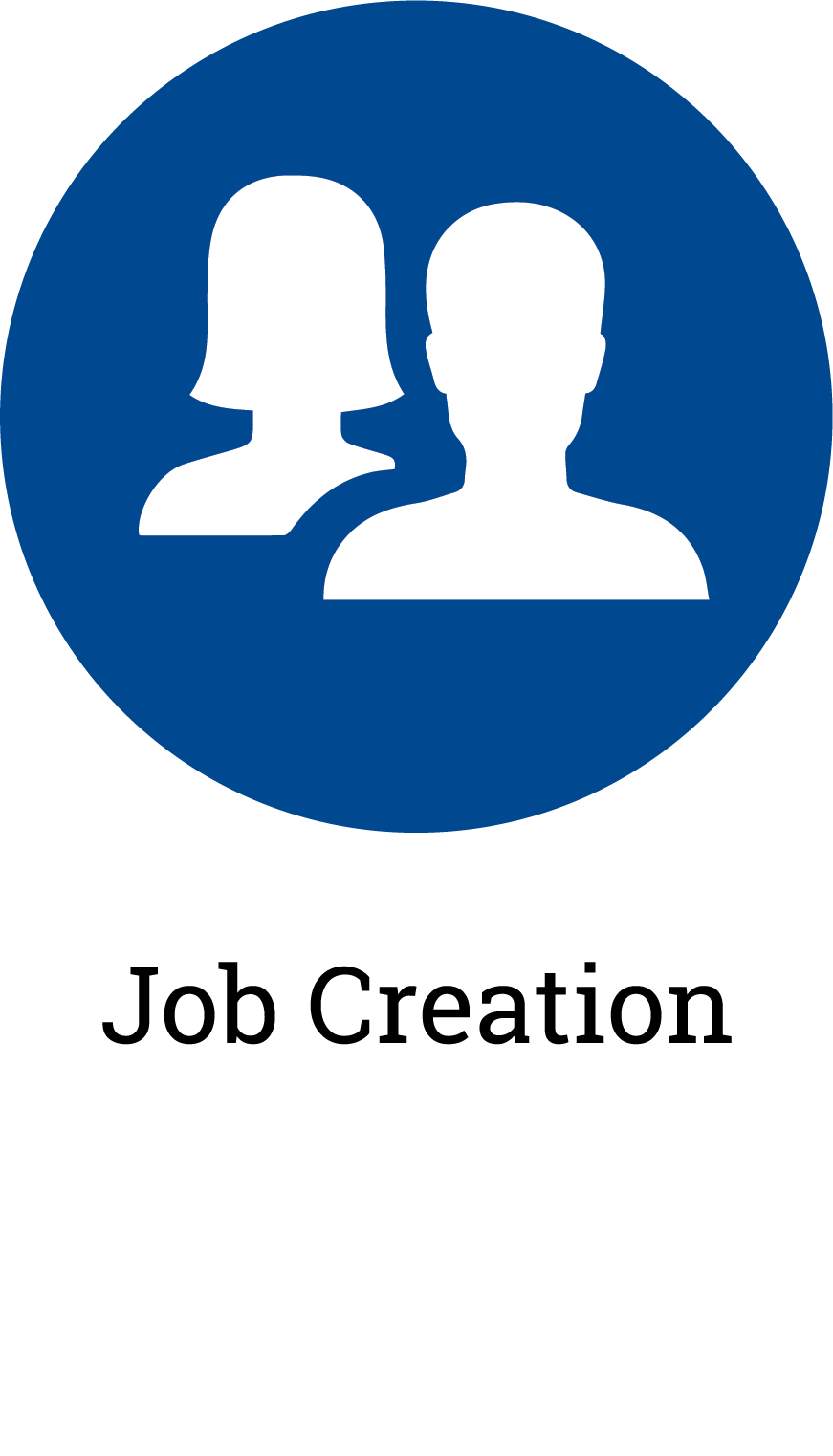 |
 |
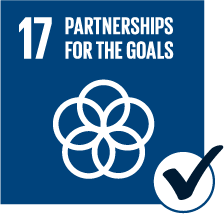 |
Market Overview
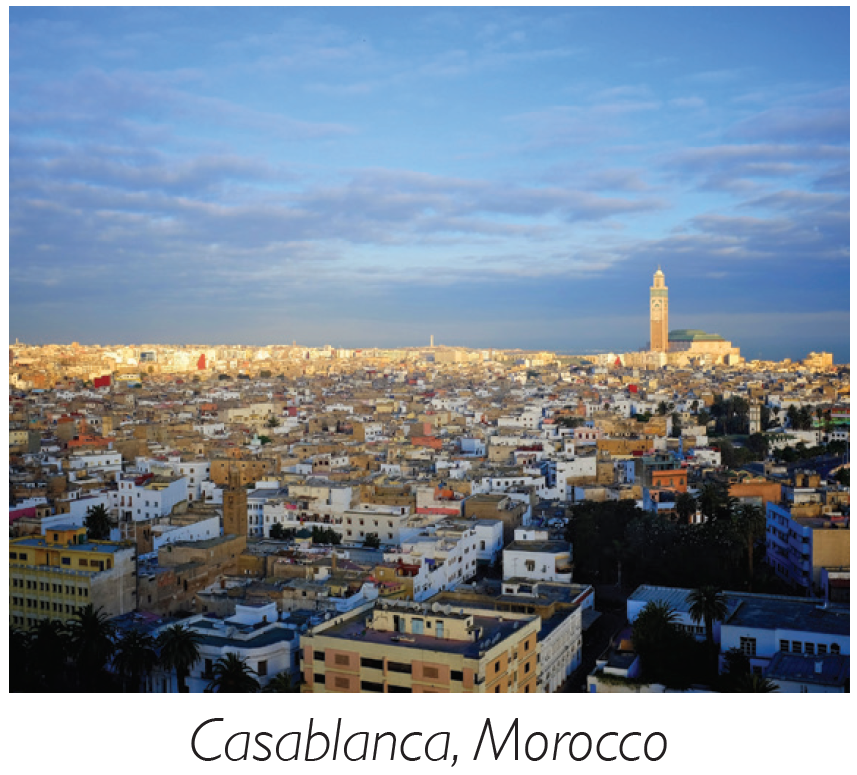
Morocco is classified as a lower middle-income country by the World Bank.1 Between 2010 and 2016, annual GDP growth rates averaged approximately 3.6%.1 Morocco’s main exports are primary focused in clothing and textiles, automobiles, electric components, inorganic chemicals, transistors, crude minerals, fertilizers, petroleum products, citrus fruits, vegetables, and fish.2 Conversely, the country’s imports are primarily focused in crude petroleum, textile fabric, telecommunications equipment, wheat, gas and electricity, transistors, and plastics.2
Morocco meets TriLinc’s country standards for its performance across relevant growth, stability, and access metrics.3 In 2016, it ranked 3rd among countries in the Middle East & North Africa in the World Bank’s Ease of Doing Business index.4 In order to improve the business climate, the Government of Morocco has begun to promote numerous investments in infrastructure development5 As the 10th largest economy in the Middle East and North Africa6 with a GDP of $103.6 billion, Morocco’s large market size and low level of inflation have led the country to benefit from the estimated $54.6 billion in foreign direct investment that flowed into the Middle East and North Africa in 2016.7 Regional GDP growth was 3.2% in 2016 and is projected to maintain at 3.1% by 2019.8
Additional Sustainability & Impact Highlights
- The borrower is the largest employer in the town, and the company’s employee-centric policies include capacity building programs offering technical and management skills development and competitive wages and benefits.
- The company provides an on-site school for children from the local community. The school currently enrolls approximately 70 students and provides them with the opportunity to attain a basic education, learn metallurgical technical skills, and become a permanent company employee upon graduation. Today, an estimated 15% of the company’s workforce has come through its on-site school program.
- The borrower runs their facility using energy from a wind turbine power producer. The wastewater produced from cleaning and processing the metal scrap is recycled through a closed system, and the only wastewater discharged from the facility is for sanitary use, which is routed into the municipal sewer.
1The World Bank, World Development Indicators Database, Morocco, 2016. 2CIA, The World Factbook, 2016: Morocco. 3There is no assurance that our investment in this company or this market will be successful. 4The World Bank, Doing Business 2016, Measuring Regulatory Quality and Efficiency, 2015. 5African Economic Outlook, Morocco, 2016. 6The World Bank, World Development Indicators Database, 2016. 7The World Bank, Data, Middle East & North Africa, 2016. 8The World Bank, Global Economic Prospects, June 2016.
The above information is as of the initial date of investment: July 28, 2016.
RISK FACTORS
There is no guarantee that TriLinc’s investment strategy will be successful. Investment in a non-listed LLC involves significant risks including but not limited to: ownership is restricted; no secondary market; limitation on liquidity, transfer and redemption of ownership interest; distributions made may not come from income and, if so, will reduce the returns, are not guaranteed and are subject to management discretion. TriLinc selects investments and conducts operations on behalf of its clients, and will face conflicts of interest. Investment with TriLinc is not suitable for all investors. Securities Offered through CommonGood Securities, LLC, a member of FINRA and SIPC.
An investment with TriLinc carries significant fees and charges that will have an impact on investment returns. Information regarding the terms of the investment is available by contacting TriLinc. This is a speculative security and, as such, involves a high degree of risk. Investments are not bank guaranteed, not FDIC insured and may lose value or total value. Some investments may have been made in an investment vehicle that is no longer open for investment. The highlighted investment may or may not have been profitable. There is no guarantee that future investments will be similar.
Want to learn more? Contact Us.
